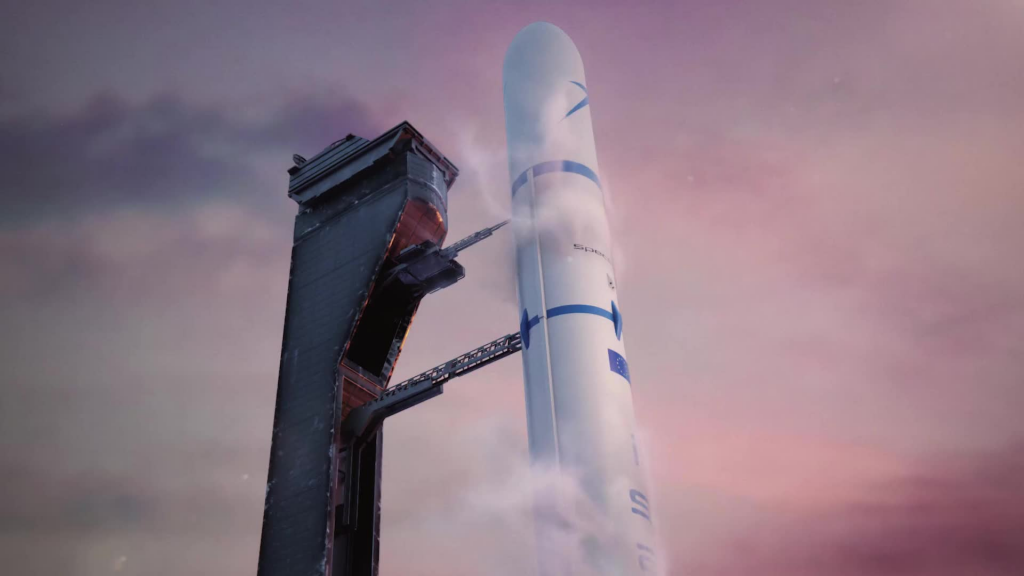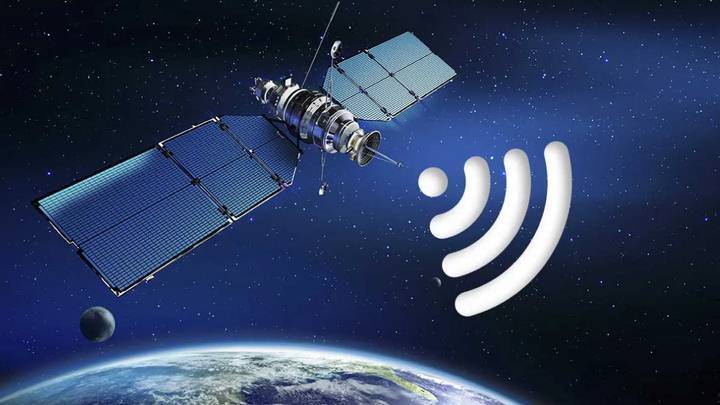China is reportedly preparing to challenge SpaceX’s Starlink dominance by constructing a broadband mega constellation in low-Earth orbit (LEO). According to Space News, the country is set to launch an array of satellites using the Yuanzheng-2 second-stage propulsion technology on its Long March 5B heavy-lift launch vehicle from the Wenchang facility in the second half of the year.
The China Aerospace Science and Technology Corporation (CASC) confirmed that the new Long March 5B and upper stage configuration will be used to launch satellites for the LEO satellite network. The Chinese satellite operator, China Satcom, has primarily focused on serving internal requirements from geostationary orbit satellites and has made less of an impact on the global stage.
However, the country is set to deploy a global network of LEO satellites in the next five to 10 years with support from the government. This ambitious plan could make it difficult for western competitors to catch up, especially in parts of the world where Chinese influence is strong.

According to Space News, China is set to develop a 13,000-satellite LEO broadband mega constellation in the next few years, which would hinder other international constellation operators from expanding their international subscribers. Records show that Chinese space missions have increased significantly over the past decade, with over 60 launches in 2022 alone.
The China Academy of Space Technology (CAST), a main subsidiary of CASC, and the Innovation Academy for Microsatellites (IAMCAS) under the Chinese Academy of Sciences are primarily responsible for forming the mega constellation, according to Space News.

IAMCAS is expected to complete work on its allotted number of 30 satellites for the project by the end of 2023. In addition, other potential commercial setups, such as GalaxySpace and China Aerospace Science and Industry Corporation (CASIC), are also involved in developing satellites for the mission. GalaxySpace has already launched six low-Earth test satellites in 2022.
CASC’s main rocket-making arm is primarily focused on preparing the Long March 5B rocket for a high-density launch mission that meets China’s needs for future missions, according to Space News. The tasks include producing the necessary kerosene-liquid oxygen engines used in auxiliary boosters.


